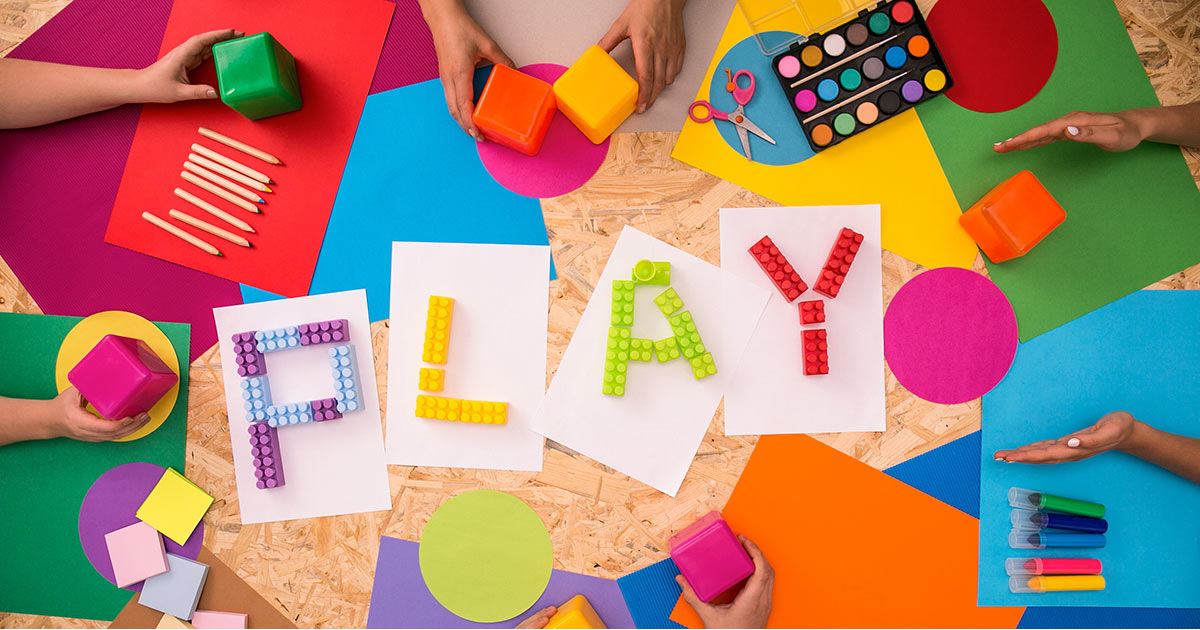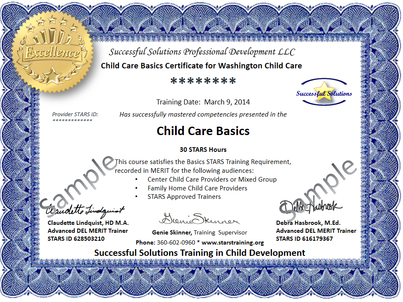The Importance of Play-Based Learning

The importance of play-based learning lies in its ability to nurture children’s creativity, problem-solving skills, and social development. Play-based learning encourages active engagement and exploration, fostering a deeper understanding of concepts and enhancing cognitive and emotional development.
This approach promotes critical thinking, collaboration, and communication skills, laying a strong foundation for lifelong learning. By incorporating play into education, children develop resilience, adaptability, and a love for learning. It provides opportunities for children to make decisions, take risks, and learn from their experiences, which are crucial life skills.
Moreover, play-based learning supports children’s holistic development, including their physical, emotional, and cognitive well-being. Embracing this approach in early childhood education can have a profound and lasting impact on a child’s learning journey.
Understanding Play In Learning
The Psychology Behind Learning Through Play
Play is not just a method of entertainment but also a fundamental way young children learn about the world and develop key skills. According to psychology, play-based learning stimulates various areas of a child’s brain, including the cognitive, social, emotional, and physical domains. Through play, children can engage in problem-solving, critical thinking, creativity, and decision-making naturally and enjoyably.
Distinguishing Play-based Learning From Traditional Education Models
Unlike traditional education models that often prioritize structured and rote learning, play-based learning focuses on fostering creativity, imagination, and self-discovery. It encourages children to explore, experiment, and make sense of the world around them through hands-on experiences. Play-based learning also promotes collaboration, communication, and emotional regulation, which are essential skills for personal and academic success.

Credit: ies.ed.gov
Breaking Down Play-based Learning
Play-based learning is a powerful approach that nurtures a child’s development in various aspects. Let’s delve into the key components of effective play-based programs and explore how play fosters cognitive, social, and emotional development.
Key Components Of Effective Play-based Programs
Effective play-based programs incorporate several key components that facilitate optimal learning experiences for children. These components include:
- Freedom: Offering children the freedom to explore and engage in self-directed play allows them to develop creativity and problem-solving skills.
- Flexible environments: Creating adaptable play environments encourages children to interact with diverse materials and engage in a range of activities.
- Supportive educators: Educators play a crucial role in scaffolding children’s play experiences, providing guidance when needed while allowing for independent exploration.
- Integration of learning goals: Play-based programs seamlessly weave academic, social, and emotional learning goals into the activities, promoting holistic development.
How Play Fosters Cognitive, Social, And Emotional Development
Play catalyzes cognitive, social, and emotional growth, laying the foundation for well-rounded individuals. Let’s explore how play contributes to each facet of development:
Cognitive Development
Cognitive development is stimulated through play as children engage in activities that challenge their problem-solving skills, spatial awareness, and language development. Play enables children to explore cause-and-effect relationships, experiment with new ideas, and improve their memory and attention skills.
Social Development
Social development is fostered as children engage in cooperative play, learning to negotiate, communicate, and collaborate with peers. Through play, children develop empathy, perspective-taking, and conflict-resolution skills, laying the groundwork for positive social interactions.
Emotional Development
Emotional development is nurtured as children navigate the rich tapestry of emotions during play. Through play experiences, children learn to express and regulate their feelings, develop resilience, and build self-confidence and identity.
Benefits For Early Childhood Development
Early childhood development is significantly enriched through play-based learning, which offers a myriad of benefits for children’s overall growth and development. By integrating play into educational settings, young learners can harness essential skills and knowledge naturally and enjoyably.
Enhancing Creativity And Imagination Through Play
Play-based learning fosters an environment where children can unleash their creativity and imagination. When engaged in imaginative play, such as pretending to be a doctor or chef, young minds are stimulated to think outside the box, developing innovative ideas and solutions. Through activities like building blocks, drawing, and storytelling, children can explore their creativity and expand their imaginative capabilities, nurturing a foundation for future innovation and problem-solving skills.
Building Social Skills And Problem-solving Abilities
Through play-based learning, children have countless opportunities to interact with their peers, developing crucial social skills such as communication, cooperation, and empathy. Participating in group games, role-playing, and collaborative activities fosters a sense of community and belonging, enabling children to understand the value of teamwork and friendship. Furthermore, navigating through conflicts and obstacles during play helps youngsters to hone their problem-solving skills, encouraging them to think critically and find ways to overcome challenges, essential skills that are beneficial for their future endeavors.
Play’s Role In Educational Settings
Play is not just a form of recreation; it plays a vital role in educational settings. The integration of play-based methods in formal curriculum has been proven to enhance learning outcomes, foster creativity, and improve social skills. In this section, we will delve into the significance of play in educational environments and examples of successful play-based learning models.
Integrating Play-based Methods In Formal Curriculum
Incorporating play-based learning approaches into the formal curriculum offers numerous benefits. It encourages active engagement, enabling students to participate in immersive learning experiences. By blending play with structured lessons, educators can create a dynamic environment that sparks curiosity and enriches the educational journey.
Examples Of Successful Play-based Learning Environments
Several educational institutions and programs have embraced play-based learning with remarkable success. One notable instance is the introduction of play-based activities in early childhood education, where children learn essential skills through hands-on and interactive activities. Additionally, innovative schools have adopted play-driven approaches in various subjects, from mathematics to scientific experiments, reinforcing the notion that play is a powerful tool for cultivating a deeper understanding of complex concepts.
Nurturing Lifelong Learners
In today’s fast-paced world, nurturing a love for learning that extends beyond the traditional classroom is crucial for developing well-rounded individuals. Play-based learning offers the ideal foundation for fostering a lifelong passion for acquiring knowledge and nurturing critical thinking skills. This approach helps to shape individuals who are not just academically proficient, but curious, innovative, and adaptable – essential qualities for success in our ever-evolving society.
Instilling A Love For Learning Beyond The Classroom
Play-based learning cultivates an intrinsic motivation for learning, laying the groundwork for a sustained love of knowledge acquisition. By engaging in activities that are enjoyable and stimulating, children naturally develop a positive attitude toward learning, enabling them to approach challenges with enthusiasm and creativity. This ingrained love for learning equips individuals with the resilience and adaptability needed to thrive in future educational and professional endeavors.
Long-term Academic And Career Advantages Of Play-based Learning
Play-based learning enhances academic performance and provides a solid foundation for long-term career success. When children are allowed to explore and learn through play, they develop essential skills such as problem-solving, collaboration, and communication. These skills are invaluable in a variety of professional settings, giving play-based learners a distinct advantage in their future academic pursuits and careers.
Frequently Asked Questions Of The Importance Of Play-based Learning
What Are The Benefits Of Play-based Learning?
Play-based learning encourages creativity, problem-solving, and social skills development, boosting cognitive development while keeping children engaged and motivated to learn.
How Does Play-Based Learning Enhance Child Development?
Play-based learning supports holistic development, promoting cognitive, social, emotional, and physical growth, fostering creativity, curiosity, and a lifelong love for learning.
What Age Group Does Play-Based Learning Benefit?
Play-based learning is beneficial for children of all ages, as it fosters essential skills and knowledge while adapting to children’s developmental stages and individual needs.
Conclusion
Incorporating play-based learning into education fosters creativity, problem-solving, and social skills in children. This approach not only enhances academic development but also nurtures a lifelong love for learning. By prioritizing playful exploration, we empower young learners to thrive in an ever-evolving world.
Embracing play as a pivotal educational tool is key to shaping a bright and promising future.

Emily specializes in integrating arts into early childhood education. She believes in fostering creativity and imagination through music, art, and drama activities.






